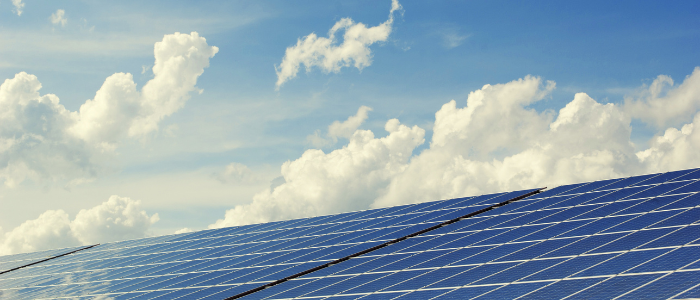
As part of celebrating World Environment Day on 5 June, global food and beverage leader, PepsiCo is highlighting the strides it is making to advance the Positive Value Chain pillar of its PepsiCo Positive agenda – a strategic end-to-end transformation with sustainability at the centre of how the company will create growth and value by inspiring positive change for the planet and people.
The comprehensive framework brings together a number of industry-leading 2030 goals. PepsiCo is using its scale and reach to drive various initiatives – including those that help create a circular and inclusive value chain, to minimise its environmental impact and influence stakeholders to do the same.
Renewable Electricity
“In South Africa, we are planning to achieve 100 % renewable electricity by 2030 in our production sites. Our PepsiCo Park distribution centre recently obtained municipal approval in Ekurhuleni to connect a large solar PV plant and battery system. The plant will form one of SA’s largest microgrids, comprising a 1.8 MW solar PV facility alongside a 2.9 MWh battery, while being grid-connected to stabilise the local grid,” says Abdullah Khawaja, PepsiCo SSA Sustainability Lead.
“To date, the company has installed solar panels at 10 production sites. As a result, three percent (3%) of the electricity used at SA production sites is produced from solar energy and collectively, our existing solar installations have the capacity to generate 5 474 MWh of electricity annually,” Khawaja adds.
This year, the company is planning to increase this to eight percent (8%) by expanding onsite renewable technology and engaging with Independent Power Producers to source renewable electricity. Globally, PepsiCo has set a target to achieve net-zero emissions by 2040, while reducing absolute emissions across direct operations by 75% and the indirect value chain by 40% by 2030.
Achieving 100% zero waste to landfill by 2025
PepsiCo is on a journey to reduce waste within its direct operations while making a meaningful impact in reducing its GHG emissions.
“We are working to minimise the amount of waste that we send to landfill through our direct operations. Our commitment is a global one, but we approach each site with a tailored approach that considers local infrastructure.”
Locally, PepsiCo is committed to achieving one hundred percent (100%) zero waste to landfill by 2025 and in 2021 the company achieved this goal at three production facilities in Gauteng, KwaZulu-Natal and the Western Cape by taking measures such as separating waste at the source for easier recycling, replacing polystyrene packaging with reusable crockery and cutlery in canteens, and composting food waste.
“We have a role to play in addressing the issue of food waste. In 2020, we generated approximately 2.4 million metric tons of waste in our manufacturing and warehouse operations across our global footprint, of which we recycled approximately 2.3 million metric tons, or nearly 98% of total waste (up from 97% in 2019),” says Khawaja.
He explains that this commitment, also directly supports the United Nations Sustainable Development Goal (12.3) which aims to halve per capita global food waste at the retail and consumer levels and reduce food losses along production and supply chains.
Packaging Vision
PepsiCo is committed to changing the way packaging is made, used, and disposed of across its food system. To this end, in South Africa, the company includes on-pack education about recycling; has introduced 20 % recycled PET (rPET) in its beverage packaging portfolio; replaced plastic straws on the 200ml Ceres juice boxes with biodegradable paper straws – this has been extended to the Liquifruit 250ml and Fruitree 200ml juice boxes; and Spekko Rice has introduced new packaging with 25% less plastic in every bag. These efforts help to advance PepsiCo's vision of a world where plastics never become waste.
“The realities of climate change are increasingly disrupting the food system, and as a global food and beverage leader, PepsiCo has a responsibility to be a positive force to address and manage this trend to have a positive impact on the planet,” Khawaja concludes.
About PepsiCo
PepsiCo products are enjoyed by consumers more than one billion times a day in more than 200 countries and territories around the world. PepsiCo generated more than $70 billion in net revenue in 2020, driven by a complementary food and beverage portfolio that includes Frito-Lay, Gatorade, Pepsi-Cola, Quaker Tropicana, and SodaStream. In South Africa the company’s brands include Weet-Bix, Simba, Liqui Fruit, Lay’s, SASKO and White Star.
Guiding PepsiCo is our vision to Be the Global Leader in Beverages and Convenient Foods by Winning with PepsiCo Positive. PepsiCo Positive is our strategic end-to-end transformation that puts sustainability at the centre of how we will create value and growth by operating within planetary boundaries and inspiring positive change for planet and people.



